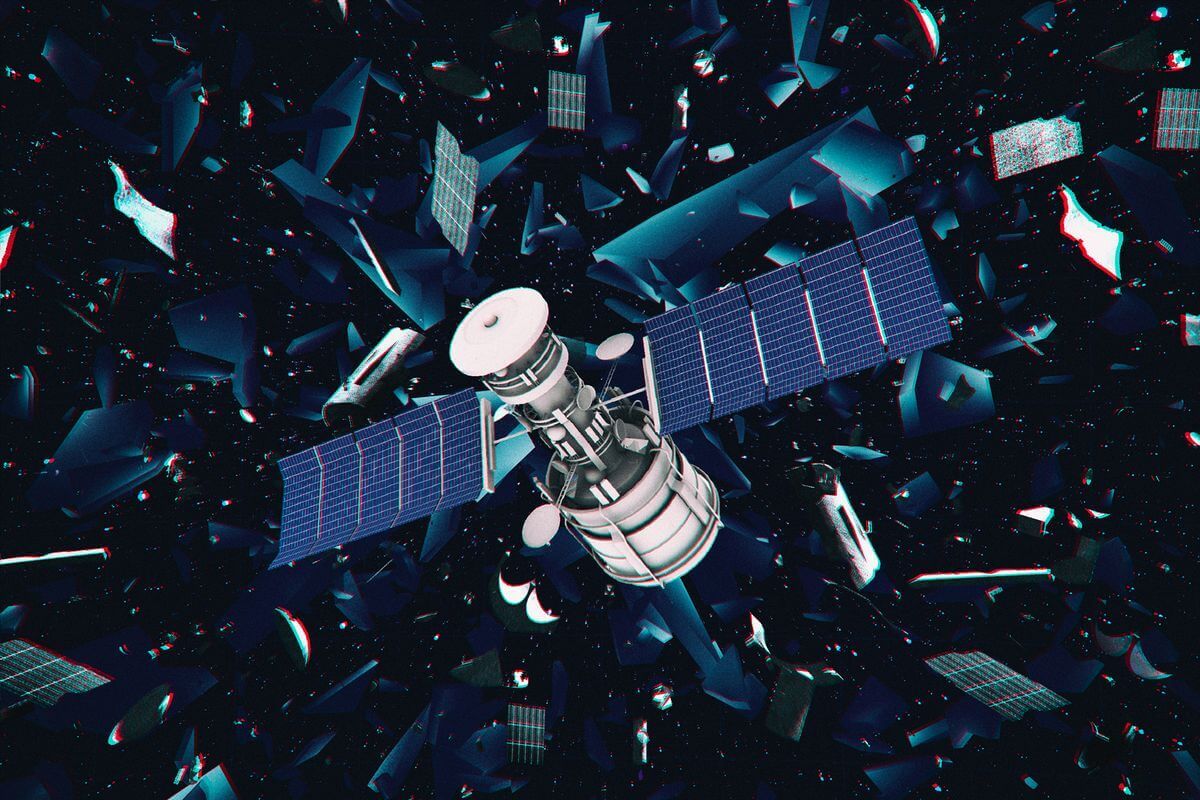Officials from the United States (US) and the United Kingdom (UK) have alleged that Russia tested a ‘weapon-like projectile’ into space, which they claim has the potential to target satellites that are already in orbit.
The Russian ministry of defence responded to the allegations by stating that it was checking on its space equipment by using new technology. Moscow’s space agency ROSCOSMOS confirmed that the satellite had been launched via a Soyuz-2 rocked on 25 November from a Russian launch site called the Plesetsk cosmodrome. It further added that the 15 July event involved the orbit of a small space vehicle to closely inspect one of its national satellites, information from which was transmitted back to ground control.
The US State Department has raised concern about the recent use of “what would appear to be actual in-orbit anti-satellite weaponry.” Washington, however, has been wary of Moscow’s endeavours in outer space since 2018.
Head of the new US Space Force, General John Raymond, said that the test, which was conducted on 15 July, was “further evidence” of Moscow’s attempts to test and develop its space-based capabilities, in tandem with the Kremlin’s military doctrine “to employ weapons that hold US and allied space assets at risk”.
On the other hand, this is the first time any accusation towards Moscow regarding its outer space missions is coming from London. Air Vice-Marshal Harvey Smyth expressed his concern about the satellite test via Twitter:
Air Vice-Marshal @HarvSmyth, director of the UK’s Space Directorate, has responded to a recent Russian satellite test in space: pic.twitter.com/zGdGwCemmR
— Ministry of Defence 🇬🇧 (@DefenceHQ) July 23, 2020
It is worth noting that Smyth’s announcement has come a few days after an inquiry stated that the government had “badly underestimated” the Russian threat.
See also: Russia Report Criticises British Government for Ignoring Evidence of Russian Interference
In yet another statement on Thursday, Chirstopher Ford, the US Assitant Secretary of State for International Security and Non-proliferation, called out the Kremlin’s hypocrisy in its previous claims to extend arms controls to space. He claimed that while Moscow wants to restrict US capabilities, it has no intentions of stopping its own counter-space programme.
The US, UK, Russia, and China and over a hundred other nation-states are signatories to the 1966 United Nations Outer Space Treaty, which highlights that the use of outer space and its exploration must only be carried out in the interest and benefit of all countries and purely for peaceful purposes. It also stresses that outer space is “not subject to national appropriation by claim of sovereignty”. The agreement also prohibits the use or placement of armaments in space or in orbit.

